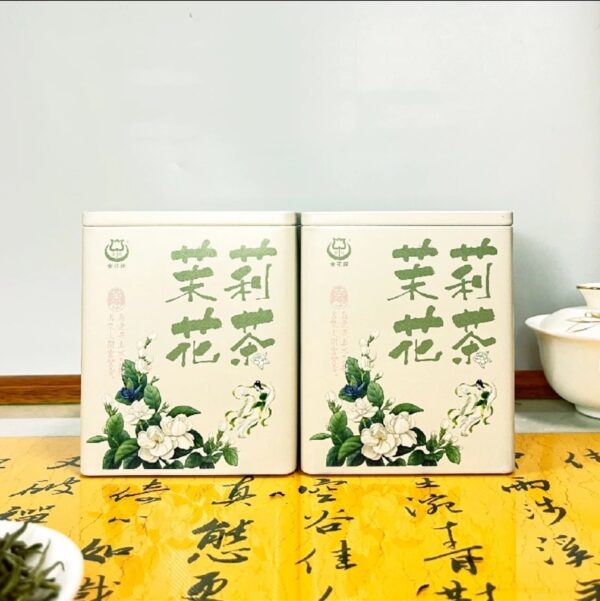
# Jasmine Tea: A Fragrant Journey Through Flavor and Tradition
## The Alluring Aroma of Jasmine Tea
For centuries, jasmine tea has captivated tea enthusiasts with its delicate floral fragrance and smooth, soothing taste. This aromatic infusion represents one of China’s most beloved scented teas, where the natural essence of jasmine blossoms meets the subtle character of green or white tea leaves.
## A Time-Honored Tradition
Keyword: jasmine tea
The Art of Scenting Tea
The production of jasmine tea follows an ancient process that requires patience and precision. Tea leaves are harvested in spring and stored until summer when jasmine flowers bloom at their most fragrant. The fresh blossoms are layered with the tea leaves, allowing the delicate aroma to infuse naturally over several nights.
Traditional methods involve replacing the wilted flowers with fresh ones multiple times to achieve the perfect balance of floral notes without overpowering the tea’s natural flavor. This labor-intensive process has been perfected over generations, making jasmine tea a true testament to Chinese tea craftsmanship.
## Varieties of Jasmine Tea
Popular Types to Explore
- Jasmine Pearl Tea: Hand-rolled leaves that unfurl beautifully when steeped
- Jasmine Silver Needle: Made with premium white tea buds for a delicate taste
- Jasmine Green Tea: The most common variety with a balanced flavor profile
- Jasmine Oolong: Combines floral notes with oolong’s characteristic complexity
## Health Benefits of Jasmine Tea
Beyond its delightful taste, jasmine tea offers numerous health advantages:
- Rich in antioxidants that may help combat free radicals
- Contains L-theanine which promotes relaxation without drowsiness
- May support heart health and improve circulation
- Potential metabolism-boosting properties when combined with green tea
## Brewing the Perfect Cup
Tips for Optimal Flavor
To fully appreciate jasmine tea’s nuanced character:
- Use water heated to 175-185°F (80-85°C) to prevent bitterness
- Steep for 2-3 minutes for delicate flavors to emerge
- Enjoy plain to appreciate the natural sweetness
- Re-steep leaves 2-3 times to discover evolving flavor notes
## Cultural Significance
In Chinese culture, jasmine tea symbolizes purity, elegance, and hospitality. It’s often served to honored guests and plays a significant role in traditional tea ceremonies. The tea’s enduring popularity speaks to its ability to bridge generations, offering both comfort and sophistication in every sip.
Whether you’re a seasoned tea connoisseur or new to the world of specialty teas, jasmine tea offers a fragrant gateway to explore the rich traditions and complex flavors of Chinese tea culture.
Recent Comments